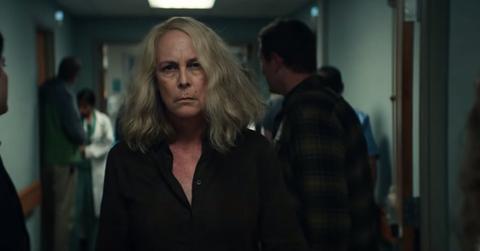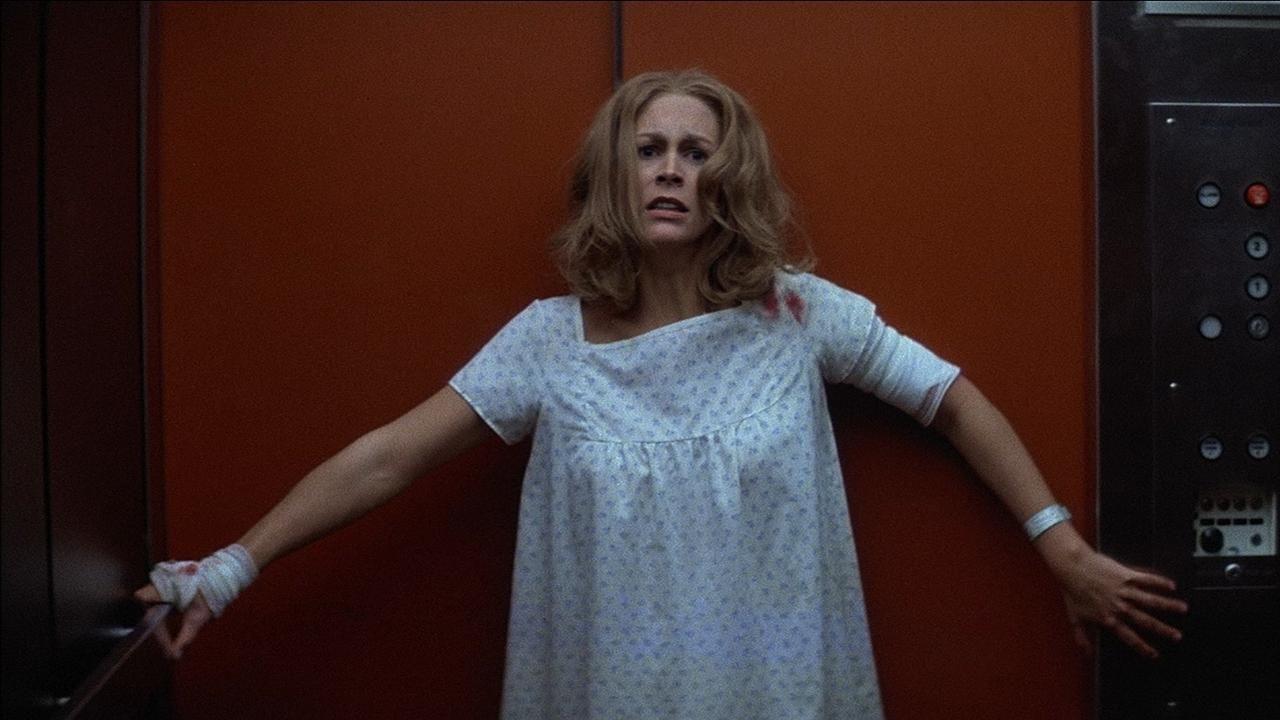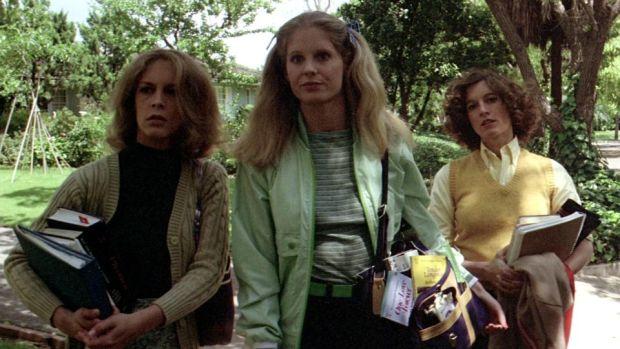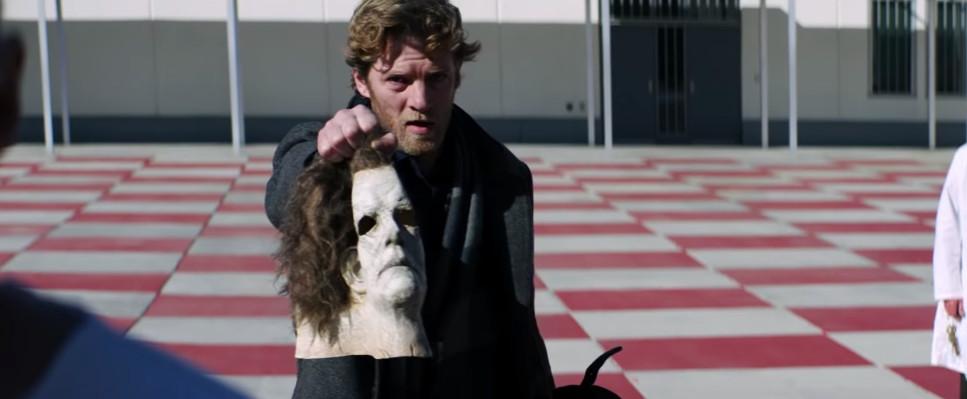Is Laurie Strode Michael Myers' Sister? Let's Clear Things Up
Published Oct. 22 2021, 8:47 a.m. ET

The Halloween movies are starting to feel a bit like Star Wars or the Fast & Furious franchise. We're going to need some help trying to figure out the order in which to watch them. Also, who is related to whom? Which characters are in what film? Oh no, we're lost again.
Now that Halloween Kills has finally been released, we need to accurately place it in the timeline. One question that lingers in the minds of many fans is: Is Laurie Strode Michael Myers' sister in Halloween Kills?

Is Laurie Strode Michael Myers' sister in 'Halloween Kills'?
The first time we hear that Laurie Strode (Jamie Lee Curtis) is Michael's sister is in Halloween II (1981). In the movie, Dr. Loomis (Donald Pleasence) is told about a file of Michael's that he never had access to. Evidently, after Michael killed his older sister, the governor sealed his family's information.
Laurie was born two years before Michael was committed, and their parents died two years after he was sent away. Once she was adopted by the Strodes, they requested it be kept secret.
That clears up why Michael is so obsessed with killing Laurie, except Halloween (2018) is a direct sequel to Halloween (1978), which means anything revealed to us in Halloween II (1981) doesn't count. This is actually addressed in the 2018 Halloween when one of Allyson's (Laurie Strode's granddaughter, played by Andi Matichak) friends asks if her grandmother is related to Michael. Allyson quickly says no and claims that is just a rumor.

Why is Michael Myers obsessed with Laurie Strode?
Michael's first kill in the original Halloween is his sister Judith. After that, he's sent to a psychiatric hospital for 15 years. The bulk of Halloween takes place when he escapes the hospital at the age of 21.
He immediately heads back to Haddonfield, almost as if he's been programmed to do so. Michael goes back to his old home, where he sees Laurie for the first time. Her father is a real estate agent trying to sell the Myers house, and Laurie is tasked with slipping the key into the mail slot.
It's possible that Michael is unable to separate reality from his own fantasy world, so much so that when he sees Laurie, he is reminded of his sister Judith. At that point, he fixates on Laurie and decides to kill her, but not before murdering everyone else she's come in contact with.
This could also explain his ongoing obsession with her in David Gordon Green's Halloween (2018). He never got to finish what he started. When the true-crime podcasters visit Michael at the psychiatric hospital, where he's been since he was caught again in 1978, they might have reignited his original desire to kill Laurie.

Director David Gordon Green had a slightly more supernatural explanation for the connection between Michael and Laurie. While speaking with Games Radar, he said, “The Halloween franchise exists because of our good and evil — our Laurie Strode and our Michael Myers. The idea of this film was to create a portrait of Haddonfield as an entire community. To break apart [Laurie and Michael], essential pieces of DNA, and then see the worlds that spin around those essential ingredients.”